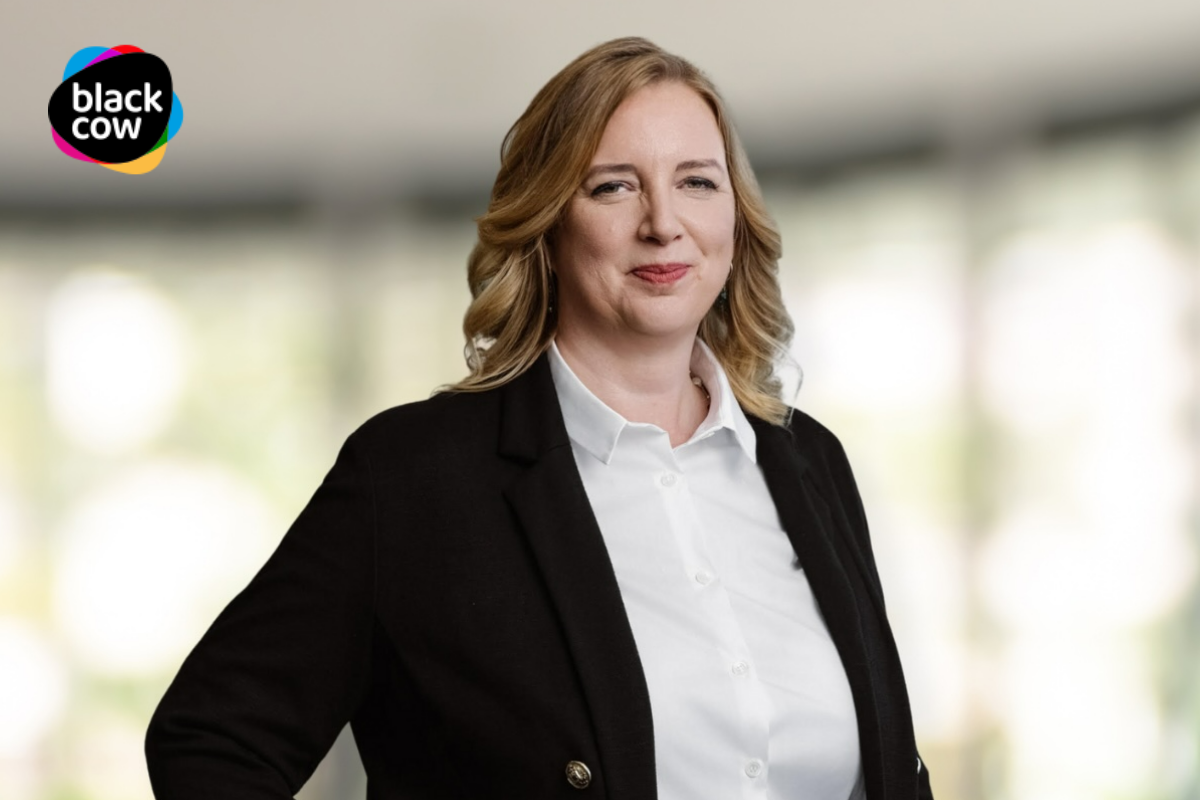Latest News
Ericsson, the telecommunication giant experimenting on developing the next-gen automated network infrastructure
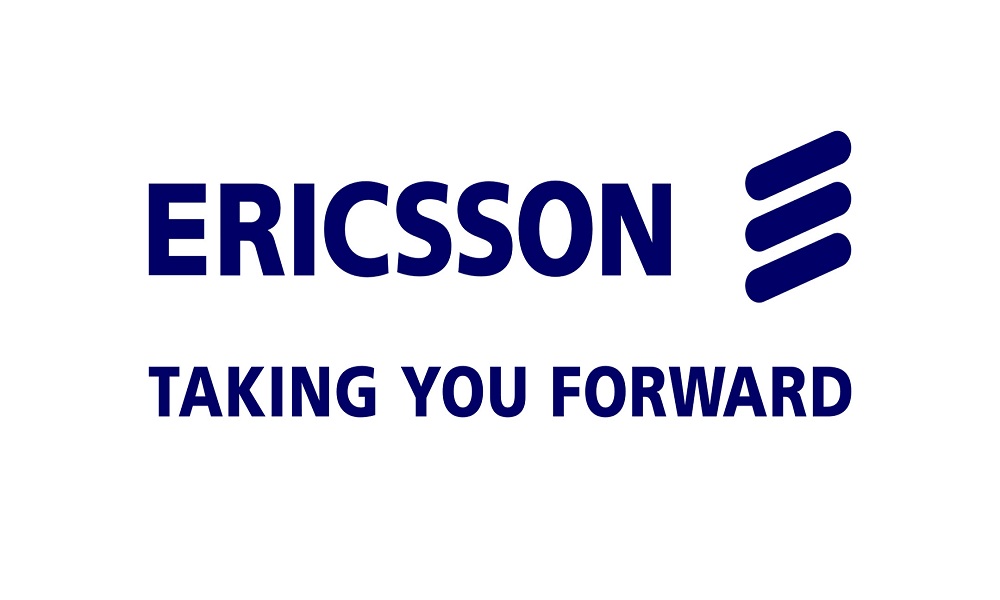
Ericsson, the multinational networking and telecommunications company which has been shaping the future of mobile broadband internet communications through its continuous technology leadership, is now in the act of experimenting with a host of machine learning and predictive intelligence algorithms to develop the next-gen automated network infrastructure.
The age of 5G is very much at hand. For service providers such as AT&T, T-Mobile, Verizon, and the networking hardware and software vendors supplying them, it means preparing next-gen networks with the tools required to adapt to a new set of data, device, and connectivity challenges.
Cisco and Nokia, the Software-defined networking companies are building more autonomous networks infused with machine learning and predictive analytics. But it is likely that any telecommunications giant is exploring network-based artificial intelligence (AI) in as many fascinating ways as Ericsson.
Across autonomous infrastructure, managed services, and even virtual assistants deployed in customer and field scenarios, Ericsson is embedding machine learning algorithms and data-driven AI in its entire end-to-end telecommunications pipeline. PCMag spoke to Ulrika Jagare, Ericsson’s Director of Analytics and Machine Intelligence, about the company’s years of R&D efforts and how she envisions Ericsson’s intelligent networks analysing and evolving to scale along with 5G.
“We’re looking at and exploring a lot of different potentials AI scenarios, mainly using network data,” said Jagare. “In managed networks, this means combining machine intelligence at the edge, from the base station to the Internet of Things. We’ve come up with a lot of different cases we want to try out in 2018.”
Feeding Data to Autonomous Networks
Much like Google and other Silicon Valley tech giants, Ericsson has spent the last several years rewriting how its software works with AI. Jagare said Ericsson’s network infrastructure has been overhauled to help combine its vast network data with machine intelligence. This is not only to feed the machine learning algorithms more data but to prepare the infrastructure for high-performance edge computing.
“We’re investing a lot in infrastructure. We’re building up a globally distributed pipeline to make sure we can get hold of data in a smarter way, but also with the option to compute the data locally if needed,” said Jagare. “We need to make sure we can deliver services with high speed and quality without having to drag everything to a central point. So that’s where the edge comes into play.”
Creating this kind of end-to-end data pipeline isn’t easy. Through initiatives like the 5G Transformer Project, Ericsson is working with local operators applying machine learning to create smarter networks. Jagare said the company has done one successful trial with a European operator over the last 10 months, applying what she described as “the first advanced machine learning algorithm for load balancing in the network.”
Companies like Cisco have launched similar pilots, like working with Vodafone in Ireland using ML algorithms to process network data and identify predictive traffic patterns. Jagare said the idea is to start with these small-scale pilots with local operators to show the value of AI-enhanced telco infrastructure.
“It’s a big challenge, but we have a lot of experience working with and correlating network data in localized sectors,” said Jagare. “Most research is happening in the lab because of the complexity of self-learning networks. I was talking to one of our major customers in the U.S. recently and they were impressed with how far we’ve been able to go with getting algorithms running on live networks.”
Voice Assistants and Digital Twins
Ultimately the goal is to create self-learning, self-healing networks. In the meantime, Ericsson is also experimenting with voice assistants and natural language processing (NLP) to help technicians who are in the field fixing physical infrastructure.
Jagare said Ericsson is equipping technicians with a mobile app a la Google Assistant or Cortana to decrease time spent on site visits. One of the first use cases is focused on troubleshooting. Using open-source machine learning and NLP frameworks, Ericsson lets the voice assistant soak up an entire product knowledge base of vast document libraries and technical manuals, then speak back to the technician in natural language to answer queries. The app can also perform image recognition and computer vision through the smartphone camera.
“We’re reducing the number of site visits [through automation] but we want to make sure that when we do visit a site, it’s done as efficiently as possible. So if a virtual assistant is assisting the technician on a field operation, it can act as a service layer; an application on the phone using natural language processing and image recognition to aid the worker. If it detects from an image that there’s a problem, it can tell the technician to ‘fix it in this place’ and so on,” said Jagare.”
The AI can also create digital twins, be it of a particular base station or a virtualized view of the entire network. At the moment these assistive capabilities are only available to site technicians via smartphone, but Ericsson is testing out other applications in its lab. Jagare said a “natural step” would be to make virtual assistants and digital twin schematics available through hands-free augmented reality glasses. Manufacturers like Boeing and GE are already doing this.
Using all the network data combined with machine intelligence, Jagare said Ericsson aims to predict and prevent network problems before they happen, ultimately turning predominately to remote fixes in place of human technicians.
“The other service perspective we’re working on is a managed services solution called Intelligent Site. We’re trying to combine user data and algorithms to detect deviations and patterns,” said Jagare. “Not only with network data, but incorporating things like weather and other data types to help profile each site.”
The 5G Evolution
5G will usher in a new era of telecommunications where everything from AR/VR headsets to self-driving cars will be connecting and interacting with network infrastructure. Ericsson’s focus on machine intelligence, Jagare explained, is meant to tackle the complexity wrought by a new generation of IoT devices while allowing for the flexibility to evolve naturally, as devices and experiences do.
“From a technology and 5G perspective, automation and machine intelligence can help us take the functionality to the next level, but also helps us realize a selective push toward different technology choices,” said Jagare. “It’s not about data scientists driving this. In the future, we will probably have more self-learning software in our networks than not.”
Ericsson is putting intelligence algorithms to work in base stations and broadband networks, both on the edge and as-a-service. As a result, Jagare said the company has seen 25 percent performance improvements in core system optimization to help lower overall system management costs.
She said the idea is to continue expanding these self-optimizing network features and then feed that learning back into development. Ultimately, however, Ericsson knows that machine learning algorithms will then start to learn on their own. As 5G networks create new challenges and opportunities that telcos haven’t even fathomed yet, AI conceivably offers a way for networks to keep pace.
“It’s up to the algorithm to learn and optimise itself from base station to base station. Depending on the traffic patterns and user behaviour with people using different apps in different ways, we can adjust the cells connected to that site throughout the network,” said Jagare. “It’s a holistic, data-enabled approach. We can’t be too specific. We have to think about these needs and solutions to prepare for what’s coming, but we’ve only started scratching the surface. That’s how we try to embrace AI.”
Source: pcmag.com
-

 Africa6 days ago
Africa6 days agoQTech Games wins Best Innovation of the Year at the 2025 SBWA+ Eventus Awards
-

 Asia6 days ago
Asia6 days agoNODWIN Gaming and JioStar Unveil OnePlus Android BGMS Season 4
-
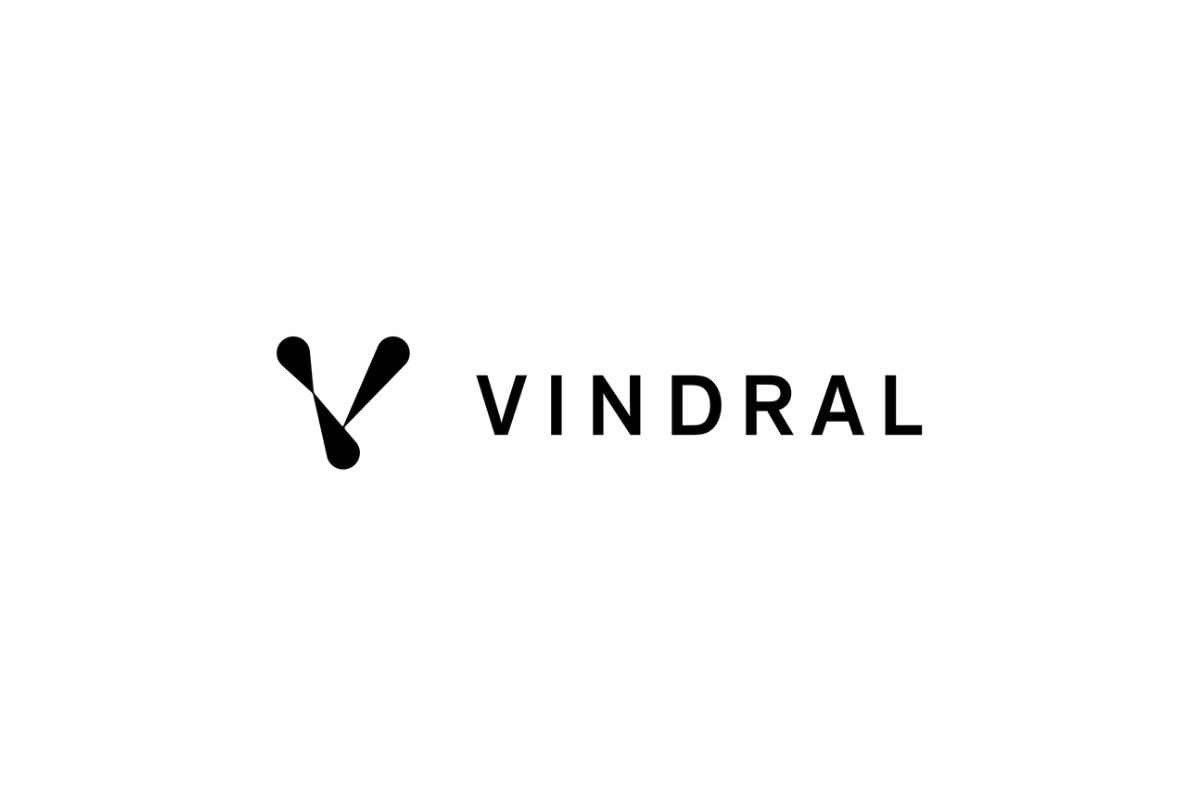
 Latest News6 days ago
Latest News6 days agoVindral appoints Henrik Fagerlund as Chairman of the Board
-

 Latest News6 days ago
Latest News6 days agoCalema to Perform at Legends Charity Game in Lisbon
-
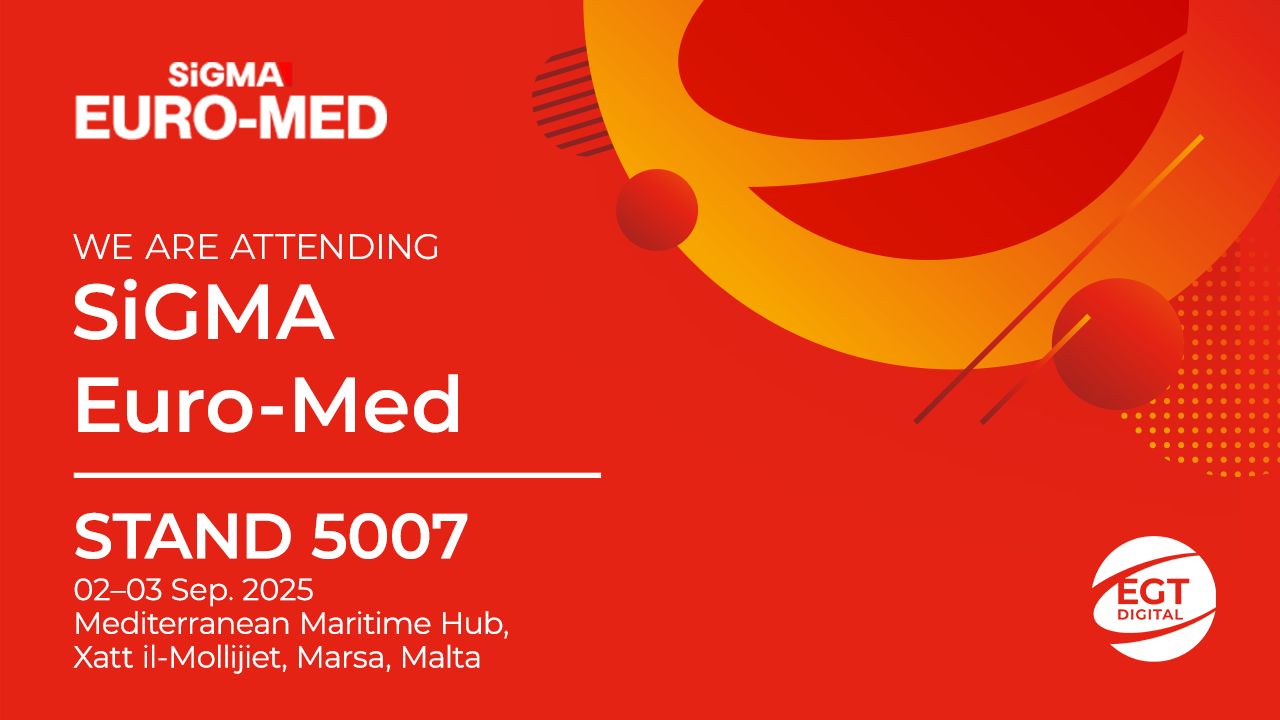
 Conferences in Europe6 days ago
Conferences in Europe6 days agoEGT Digital and EGT to rock the show at SiGMA Euro-Med 2025
-

 Latest News6 days ago
Latest News6 days agoPush Gaming redefines its portfolio, unveiling new game categories and sub-brand for extended player reach
-
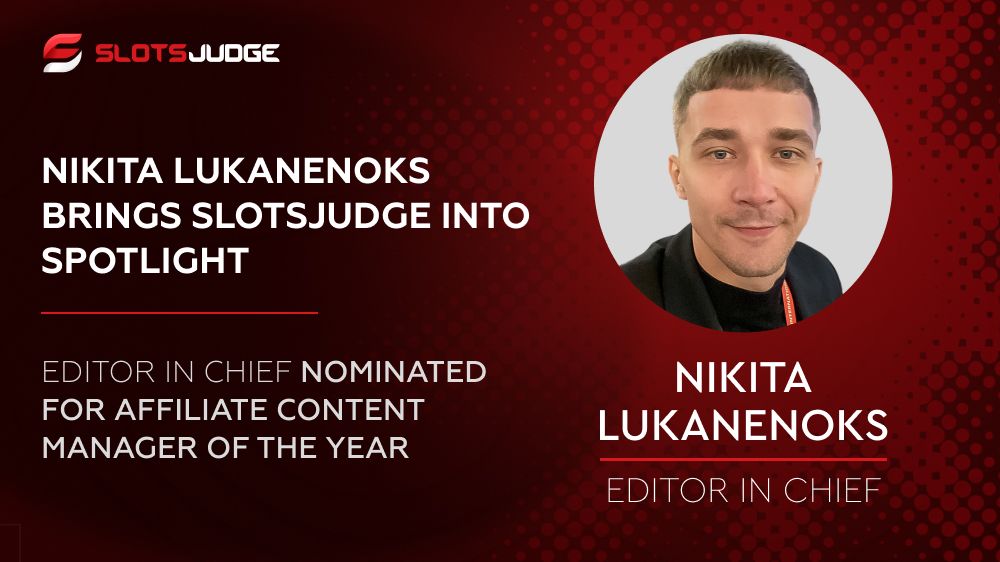
 Affiliate Industry6 days ago
Affiliate Industry6 days agoNikita Lukanenoks Brings Slotsjudge Into Spotlight With Affiliate Leaders Awards 2025 Nomination
-

 Latest News6 days ago
Latest News6 days agoThunderkick returns for an even fierier fiesta in Carnival Queen 2













